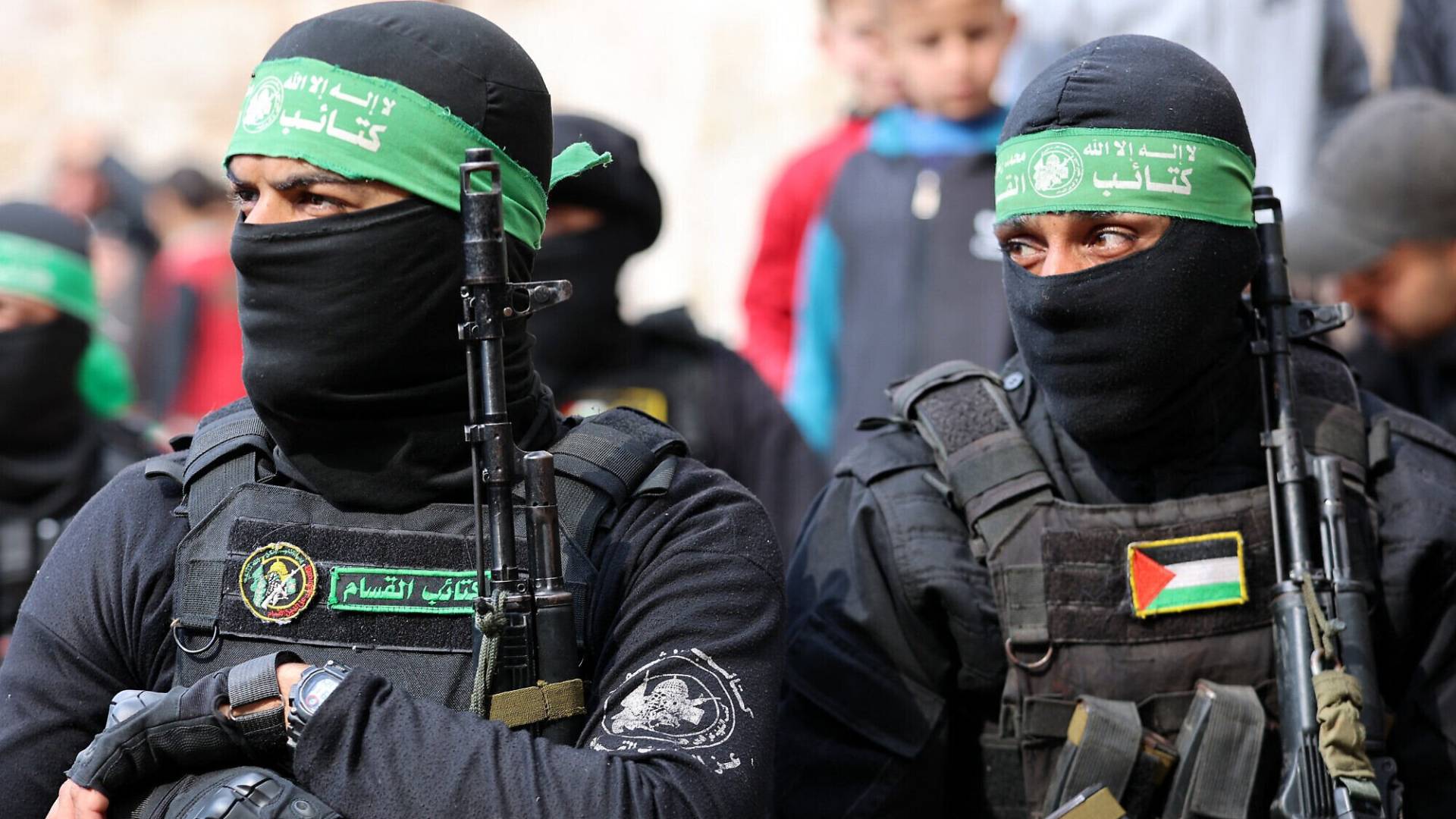Hamas fighters in Gaza city. (January 24, 2025)
Hamas responds to UN Gaza resolution
Note: AI technology was used to generate this article’s audio.
- Hamas rejected the UN Security Council resolution authorizing an international force in Gaza, stating it imposes "international guardianship" and fails to respect Palestinian rights.
- The group affirmed that the right to resistance is legitimate and rejected any plan to disarm, arguing the proposed international force's mandate makes it non-neutral and favors ‘Israeli’ interests.
Hamas said that Monday's UN resolution which allows for an international force to be deployed in the territory failed to respect Palestinians' "demands and rights".
"This resolution does not meet the level of our Palestinian people's political and humanitarian demands and rights," the group said in a statement.
It said that it imposes a mechanism of international "guardianship" over the territory.
Rejection of Sovereignty and Self-Determination
Hamas believes the resolution effectively separates the Gaza Strip from the rest of the Palestinian geography and attempts to impose new realities far from the people's constants and legitimate national rights, according to the statement’s text.
The Right to Resistance and the International Force
Hamas affirmed that resistance to the occupation by all means is a legitimate right guaranteed by international laws and covenants, and the weapon of the resistance is linked to the existence of the occupation.
The statement insisted that any discussion regarding disarmament must remain an internal national matter linked to a political process that guarantees the end of the occupation and the establishment of the state and self-determination.
Hamas demanded that any international force, if established, must only be present on the borders for separation and cease-fire monitoring, fully under UN supervision, and coordinate exclusively with official Palestinian institutions, without any role for ‘Israel’.
The Resolution
There were 13 votes in favor of the text, which Washington heralded after the vote as "historic and constructive," with only Russia and China abstaining -- but no vetoes.
US ambassador to the UN Mike Waltz said after the vote that "today's resolution represents another significant step that will enable Gaza to prosper and an environment that will allow Israel to live in security."
The text, which was revised several times as a result of high-stakes negotiations, "endorses" the US president's plan, which allowed for a fragile ceasefire between ‘Israel’ and Hamas to take hold on October 10 in the war-wracked Palestinian territory.
The Gaza Strip has been largely reduced to rubble after two years of ‘Israeli’ assault.
The peace plan authorizes the creation of an International Stabilization Force (ISF) that would work with ‘Israel’ and Egypt and newly trained Palestinian police to help secure border areas and demilitarize the Gaza Strip.
The ISF is mandated to work on the "permanent decommissioning of weapons from non-state armed groups," protecting civilians and securing humanitarian aid corridors.
Palestinian statehood pathway
It also authorizes the formation of a "Board of Peace," a transitional governing body for Gaza -- which Trump would theoretically chair -- with a mandate running until the end of 2027.
The resolution mentions a possible future Palestinian state.
Once the Palestinian Authority has carried out requested reforms and the rebuilding of Gaza is underway, "the conditions may finally be in place for a credible pathway to Palestinian self-determination and statehood," the draft says.
That eventuality has been firmly rejected by ‘Israel’.
Veto-wielding Russia circulated a competing draft, saying the US document does not go far enough towards backing the creation of a Palestinian state.
Moscow's text asked the Council to express its "unwavering commitment to the vision of the two-state solution."
It would not have authorized a Board of Peace or the deployment of an international force for the time being, instead asking UN Secretary-General Antonio Guterres to offer "options" on those issues.
Waltz said ahead of the vote "delaying will cost lives."
The US won the backing of several Arab and Muslim-majority nations, publishing a joint statement of support for the text signed by Qatar, Egypt, the United Arab Emirates, Saudi Arabia, Indonesia, Pakistan, Jordan, and Turkey.




